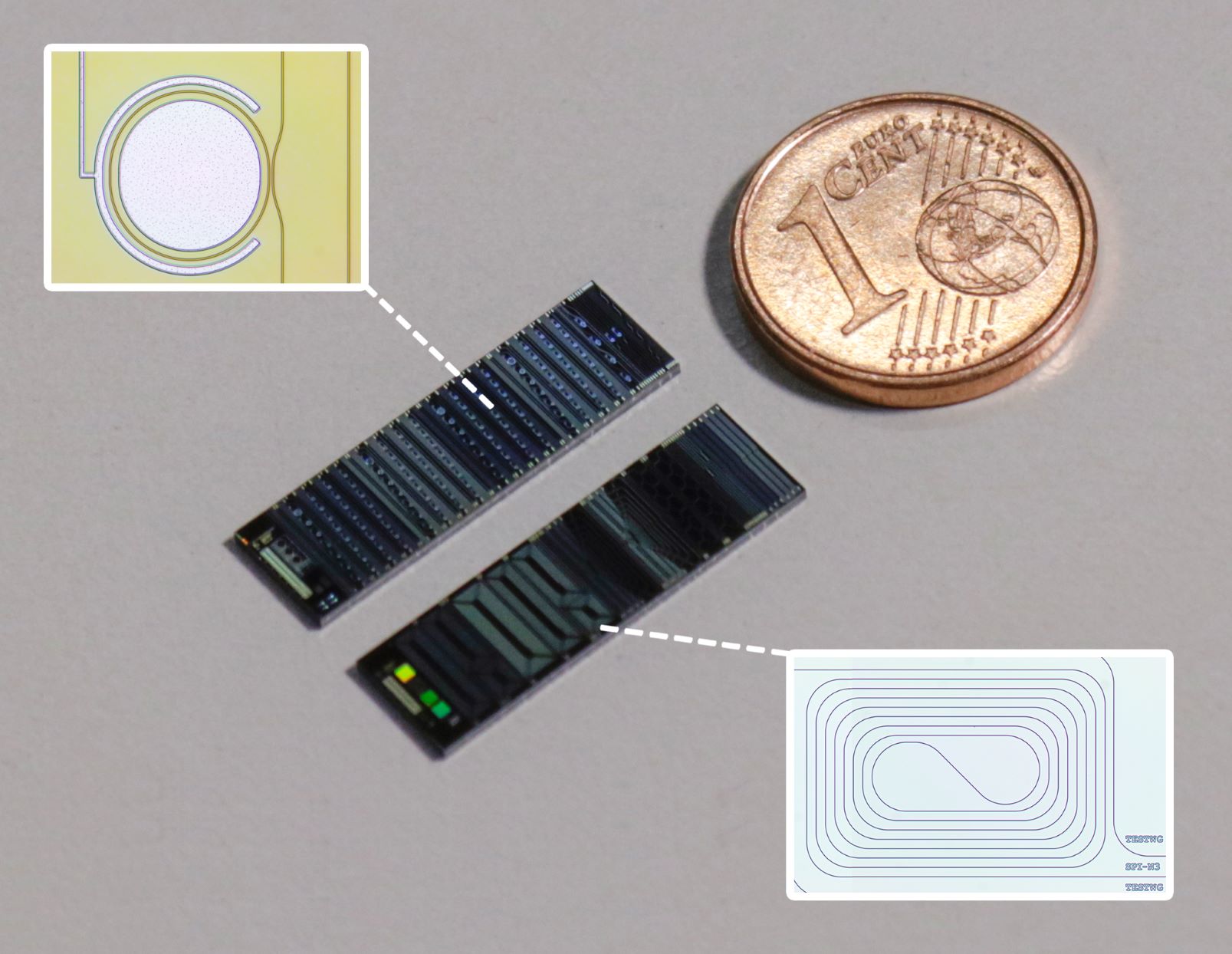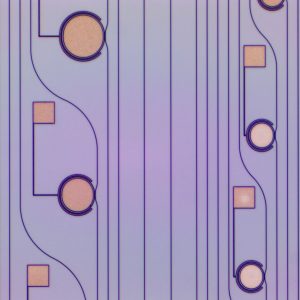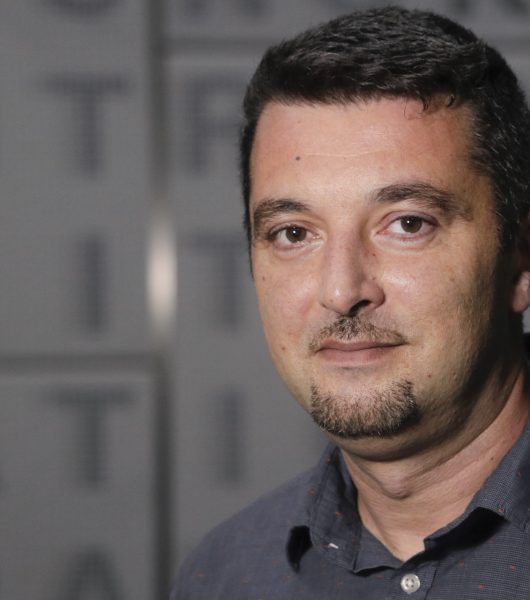More efficient chips with UV light
The study by FBK researcher Mher Ghulinyan was published in Optica, a scientific journal.
 We are talking about an infinitely small world. Silicon rings, called “resonators”, which have a diameter of one tenth of a hair. They are part of tiny chips that use light (photons) instead of electric current and that are employed in high-precision sensors, such as those used in blood tests or security in telecommunications.
We are talking about an infinitely small world. Silicon rings, called “resonators”, which have a diameter of one tenth of a hair. They are part of tiny chips that use light (photons) instead of electric current and that are employed in high-precision sensors, such as those used in blood tests or security in telecommunications.
Trento based Fondazione Bruno Kessler’s researcher Mher Ghulinyan has managed to improve the efficiency of these tiny circuits potentially making a breakthrough in this high technology field, so much so that his study has been published in the international journal for this industry, Optica, which is extremely selective in evaluating proposed works.
Thanks to his research, Ghulinyan has found a way to go beyond the limits with which these jewels of technology are currently fabricated. Following a scientific intuition, he exposed the resonators to UV rays and saw that their efficiency increased and moreover that a single exposure was enough for the improvement to become permanent. To confirm this result, he furthered his study with Gioele Piccoli, who presented his work as a thesis for his degree in Physics at the University of Trento, where Ghulinyan had been a professor of Photonics, and with researcher Martino Bernard (University of Brescia), who was also trained under the guidance of Ghulinyan as a doctoral student.

“By using our micro and nanotechnology skills at Fondazione Bruno kessler’s Center for Materials and Microsystems“, Mher Ghulinyan pointed out, “we have created top-quality devices. These results can significantly impact the development of future devices in the field of quantum technologies as well as for a number of optical sensors used in everyday life, in the fields of environment and health. The fact that our work has been published in an internationally recognized field journal such as Optica, besides speaking for the high level of the results obtained, can also encourage undergraduates wishing to pursue a successful thesis in local research institutions”.

